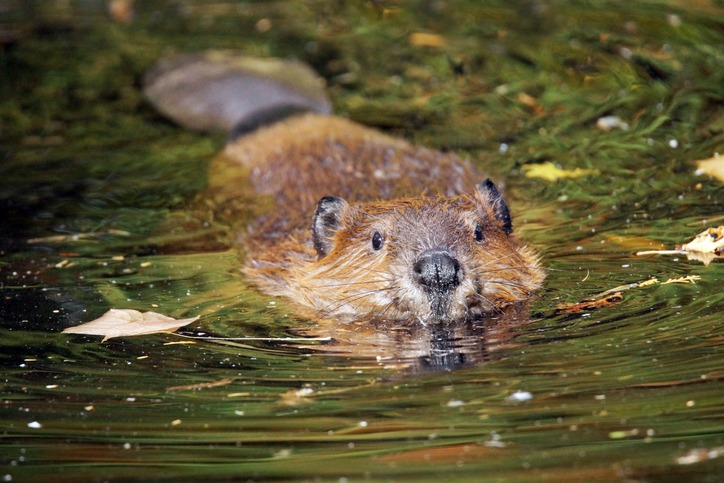
As reported by Metro, Ealing welcomes back these ecological engineers after 400 years, with hopes of enhancing urban landscapes and biodiversity
Once prolific across Britain, beavers were hunted to extinction in the 16th century. However, following rewilding projects across the country, colonies have now been established in Kent, Cornwall, Devon, Derbyshire and Oxfordshire, with a family of four also recently released in Northumberland.
Beavers are keystone species and ecological engineers, transforming the landscape around them. Dams create new habitats for species such as water voles, dragonflies, amphibians, birds, reptiles and fish, while the dead wood used to make them is a flourishing micro-ecosystem itself.
In addition, wetlands help prevent flooding downstream during high rainfall by slowing the flow and not only act as a water filter but also absorb and store atmospheric carbon.
The UK is in the bottom 10% of countries worldwide in terms of remaining, intact biodiversity. The project, supported by the Mayor’s Rewild London Fund and Amazon’s Right Now Climate Fund, aims to help reverse this in the capital.
‘I am delighted to welcome back beavers to West London for the first time in 400 years, with the support of my Rewild London Fund,’ said London mayor Sadiq Khan.
‘We are facing climate and ecological emergencies worldwide, but we have the power to make a difference, and I am committed to ensuring that London is at the forefront of reversing the trends of declining biodiversity and the destruction of nature.’
He added the project aimed to reconnect people with nature, ‘building a greener, fairer city for all Londoners’.
The project will examine how people in urban areas can co-exist with beavers and aims to offer ‘beaver safaris’ once the family has settled in.
‘It’s unbelievably exciting that after a lot of hard work and volunteer effort to make this happen, we’re welcoming beavers back to Ealing,’ said Dr Sean McCormack, a vet and chair of the Ealing Wildlife Group which helped spearhead the campaign. ‘We’re excited to show they can have benefits in the urban landscape, not only for wildlife but for people too.
‘Their activities here over the coming years should provide some serious nature-based solutions to urban problems such as flooding. We’re also excited to see the wildlife that shows up on site and the effects that having nature on your doorstep can have for urban communities.’



Be the first to comment